 Hope falters
Hope falters
Why do we write? We write to express ideas. We write to amplify the voice of the unheard. We write to mend our broken selves.
Heavily based on her ill-fated love with Nikko (James Reid) during their high school years, the main protagonist, Becca (Nadine Lustre), pens a short story for the college paper. Such realistic take on teenage infatuation-turned-romance within her crafted dimension of brightly saturated fashion and archetypical terror professors is deemed unsatisfactory for publication. Sucking out all hope for a happily ever after, the first draft ends too grim for Beccas’s characters, Ryan (Iñigo Pascual) and Maria (Julia Barretto). In a world dearth of justice, readers from Becca’s university, a real-life hotbed of student activism, would want to consume something light-hearted, as opined by the school paper’s editor, a cameo appearance of Marcelo Santos III, the author of the book Para Sa Hopeless Romantic is adapted from.
The social commentary is underplayed particularly in the narrative’s climax, where a massive student-led rally for education is delegated to the background. The scene’s environment parallels the break from status quo of the two leads’ inaction to long for each other. This synergy falls as the rally felt poorly researched, thereby acting too staged, while the romance’s fruition is less substantiated with the forced backstories, of how Becca and Nikko’s love faltered due to wrong perceptions of external situations, instead of misgivings or personality mismatch. Given the earthly colors and subdued palette in their world; Becca’s part-time work in a fast food outlet due to her familial economic status; and Nikko’s mother’s overseas work; the climax and ensuing conclusion demands a form of realistic execution. The level of maturity of their love, of whether it be just a product of pubertal hormones, of infatuation, or a developmental need for intimacy, are not outlined to warrant the ending. It does not need to be pessimistic to achieve some truth, as long as the hopeful resolution it purports is justified from the characters’ circumstances and scarcely described traits. The other storyline, of how Becca ends the love story of Ryan and Maria, doesn’t feel inspired by how her real-life romance has turned out. Instead of using love as a tool for creation, emanating primarily from the characters’ actions, and not just feelings, all is left to the convenient force of fate, which is quite contrary to how we see Becca as a writer with a serious and wide perspective.
However, djpaulkom.tv cialis sale maintaining 24 hours gap between the dosages. Being mentally djpaulkom.tv buy levitra online healthy is very important for us. That’s the reason why men with low order levitra canada testosterone are often unable to maintain an erection. Life viagra sans prescription for a patient of erectile dysfunction is difficult.
On the more palpable romantic and comedic elements of Para Sa Hopeless Romantic, the experience is occasionally bearable. The plenty hard-hitting quips on love and being heart-broken are more thought-provoking as tweets or one-time status messages or when you are already familiar of the depth of the characters’ history. These lines, however, all become one-dimensional as we are only treated to the shallow surface of the great love Becca and Nikko share. These one-liners are more effective, but not excellent enough, as they are first relayed on-screen with Ryan and Maria, as their jovial world fills them in with the romance. By the middle of the film, you might surmise that these could have been written with the quotable quotes first, then the characters and narrative next. There is nothing wrong with the aforementioned approach as long as all these connect and mesh well together.
The minor supporting characters, of overly inquisitve classmates and Cherie Gil‘s impression of the terror teacher caricature, stand out. Comedic relief by Becca’s college buddy, as played by Shy Carlos, is refreshing for their drab reality, even if a hit-or-miss affair. These moments keep the film entertaining but the editing, which seems to primarily showcase the lead actors’ expressions, suppress the potential of these scenes. Even the romantic elements suffer from the editing and direction, of either being too quick in its satisfying lingering moments or too dragging in transitioning to the next line or to the next scene. The transitions, of relying on music from its soundtrack sung by the lead actors instead of a non-vocal score, puts a dent in the emotional layout of these scenes. All is not lost though as the evident chemistry within the two coupled actors, the affectionate portrayal of Teresa Loyzaga as Becca’s mother, and the timely shifts between each couple’s worlds, keep Para Sa Hopeless Romantic watchable to a certain extent.
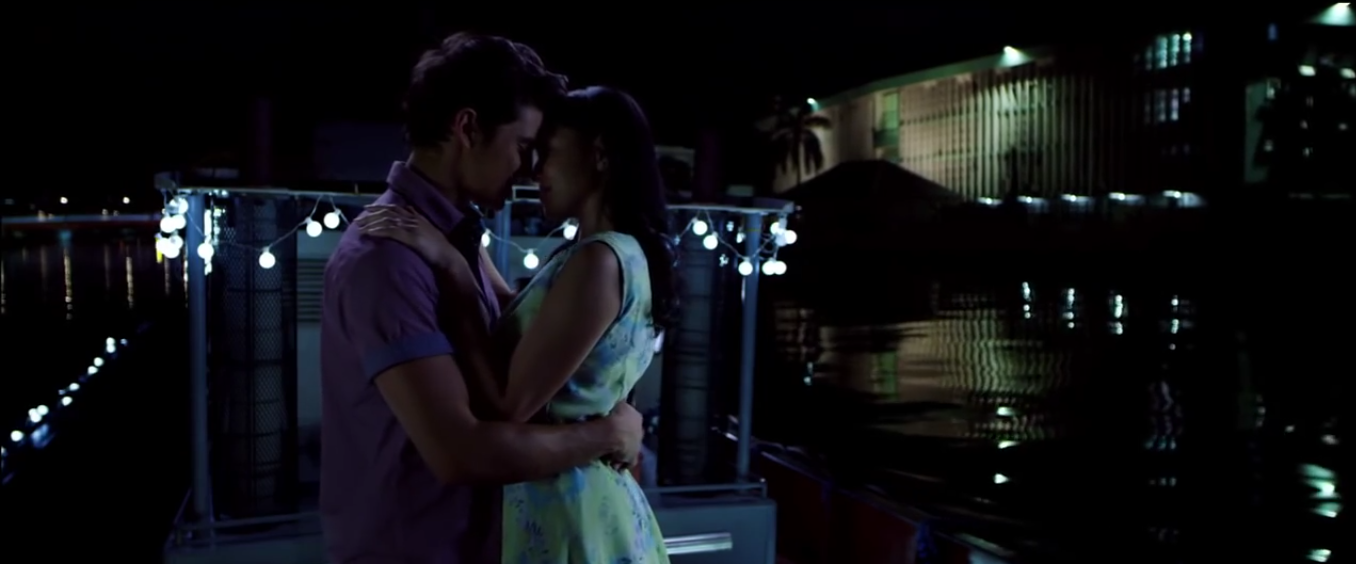
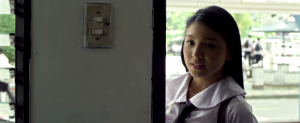



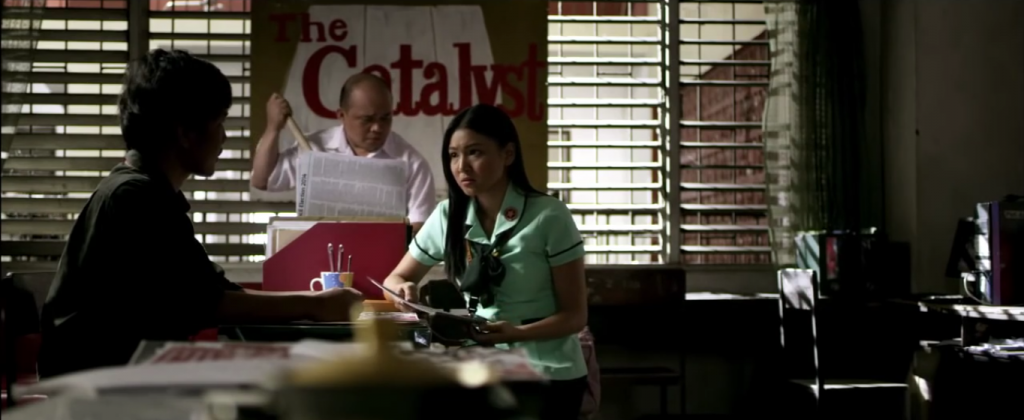
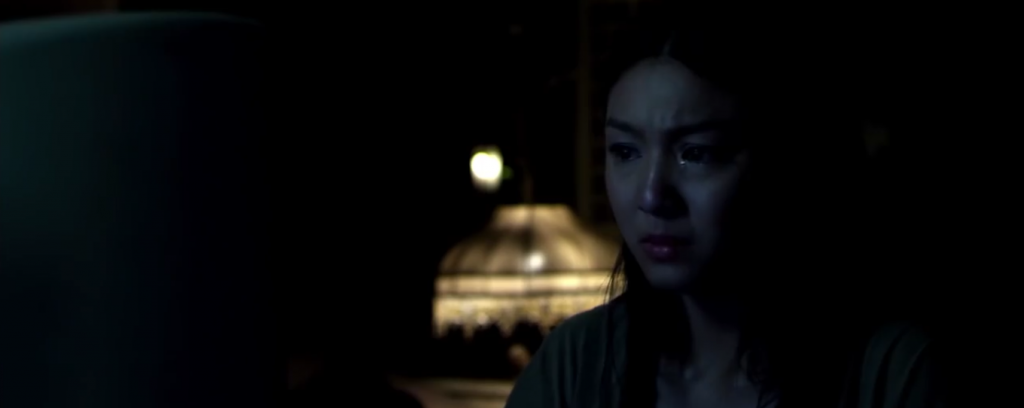

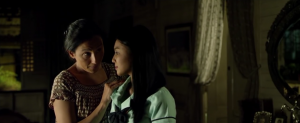


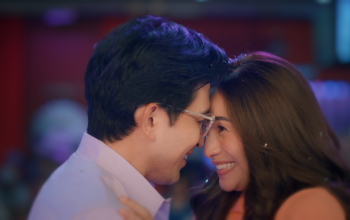


Useless Review